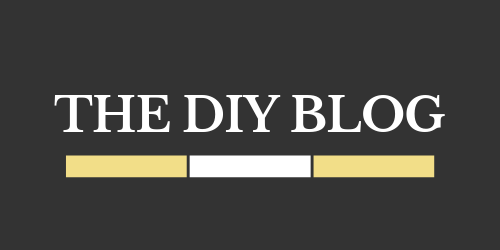
Protecting your industrial facility hinges on a dependable roofing system. Industrial roofs endure harsh weather and heavy wear, making informed choices crucial to avoid expensive repairs and operational disruptions. A suitable roofing system can extend its lifespan significantly. Considering climate, building type, and maintenance requirements ensures a sound investment in your company’s protection.
Key Factors for Selecting a Durable Industrial Roof
A durable industrial roof is paramount for safeguarding your operations against environmental elements and wear over time. Choosing the right materials and construction methods can make a significant difference in the longevity and resilience of your roofing structure.
Material Options to Consider
The choice of roofing material is one of the foremost considerations when aiming for durability. Materials such as metal, thermoplastic, and rubber membranes each offer unique advantages depending on your facility’s requirements. Metal roofing, for instance, is recognized for its strength and resistance to harsh weather conditions, making it an ideal candidate for industrial buildings.
On the other hand, thermoplastic membranes, such as TPO and PVC, provide excellent flexibility and energy efficiency. These materials are also resistant to UV rays and can significantly reduce cooling costs, benefiting not only your roof but the overall operational expenses.
Evaluating Environmental and Weather Conditions
At the heart of your roofing decision should be an evaluation of your facility’s specific climate conditions. Industry locations exposed to extreme weather, like heavy rainfall or intense heat, will dictate the type of roofing system that would provide the best protection.
For instance, in regions prone to severe storms, opt for roofing systems that can withstand strong winds and heavy downpours. Metal or built-up roofing systems, known for their robustness, are often well-suited for these environments.
Assessing the Building’s Design and Purpose
The architecture and purpose of your industrial building will also greatly influence your roofing choice. A warehouse may require a different roofing system compared to a manufacturing plant or distribution center. Buildings that host heavy equipment may necessitate reinforced roofing to support additional weight, while facilities dealing with sensitive materials need superior insulation to maintain temperature.
Understanding the specific operational needs and constraints allows for smarter choices that enhance not just the durability but also the functionality of the roofing system.
Maintenance and Inspection Requirements
Once an appropriate roofing solution is in place, regular maintenance becomes indispensable. Investing in a roof is just the beginning; the longevity of your roofing system heavily relies on proactive maintenance practices. Regular inspections can identify potential issues before they develop into costly repairs.
Select materials that facilitate easy repairs and require minimal upkeep to support long-term durability. For instance, built-up roofing systems allow for targeted repairs, which are less intrusive than a complete overhaul.
Energy Efficiency Considerations
A key component of durable industrial roofing is energy efficiency. Incorporating insulation within your roof not only improves thermal performance but also lowers heating and cooling costs. Awareness of R-values and selecting high-performance insulation can provide significant savings over time, making it a financially sound investment.
Incorporating reflective roofing materials can also help reduce energy consumption during hot months, yielding an environmentally friendly option that aligns with sustainability goals.

Cost Implications and Long-term Investment
The financial aspect of your roofing selection is another essential factor. While upfront costs are important, evaluating the total cost of ownership can yield a clearer picture of your investment’s value. Durable materials may have a higher initial expense, but their longevity can save money by minimizing replacement and maintenance costs down the line.
Comparative Overview of Roofing Materials
| Material Type | Durability (Years) | Maintenance Frequency |
|---|---|---|
| Metal Roofing | 20-50 | Every 5-10 years |
| Thermoplastic (TPO/PVC) | 15-30 | Every 5-10 years |
| Built-Up Roofing | 20-30 | Every 2-5 years |
| Rubber Membranes (EPDM) | 15-25 | Every 1-3 years |
| Modified Bitumen | 15-20 | Every 2-5 years |
Choosing a Credible Roofing Contractor
Your roofing’s durability is ultimately tied to the expertise of the contractor you select. It’s essential to engage with a licensed and insured contractor who specializes in industrial roofing. Their experience ensures that the roofing installation adheres to industry standards and best practices.
Consider reaching out to others in your industry for recommendations, evaluating candidate contractors based on their past performance, warranties offered, and their approach to safety. It’s an investment that can save you both time and money in the long run.
Future Trends in Industrial Roofing
The roofing industry continues to evolve, with innovations focused on enhancing durability, sustainability, and energy efficiency. Anticipate shifts toward eco-friendly materials and systems that promote energy savings and reduce environmental impact. Staying aware of these trends can aid in making forward-thinking decisions that benefit both your facility and the planet.
Seeking optimal solution for your industrial building? Contact Boss Roofing today for expert advice and reliable service that ensures long-lasting protection.











